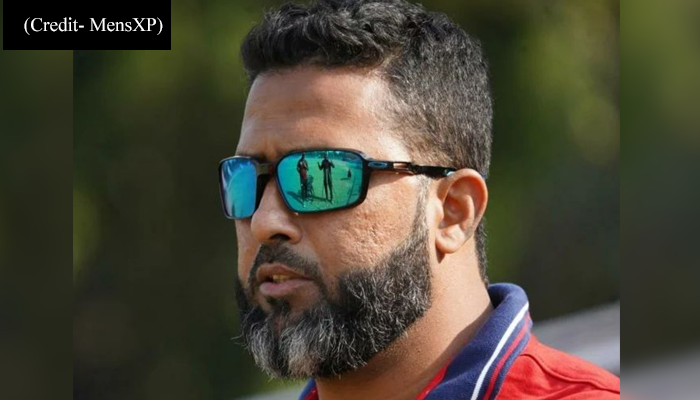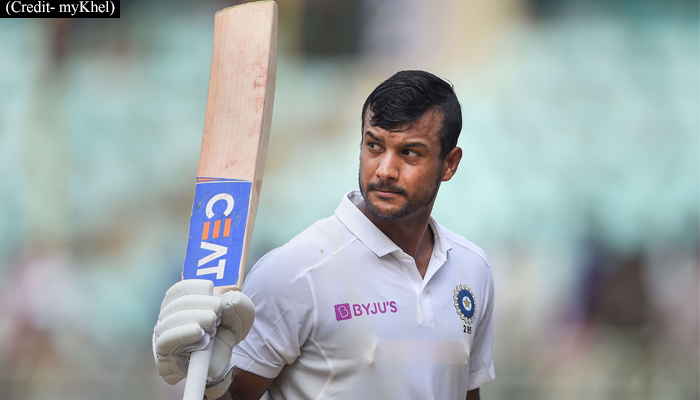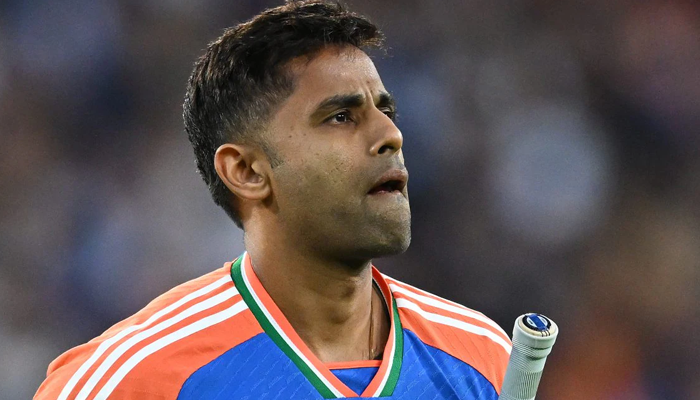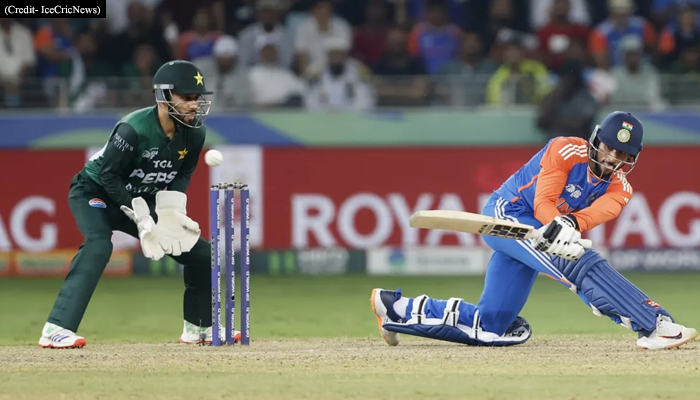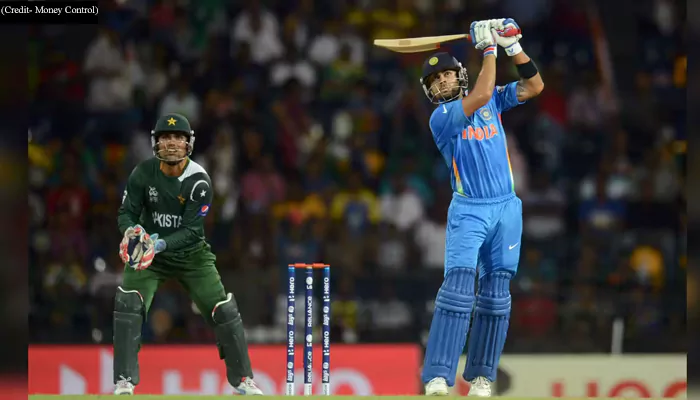Remembering Tiger Pataudi: The Captain Who Played Fearlessly with One Good Eye
- Sanchari Das
- 4 months ago
- 3 minutes read
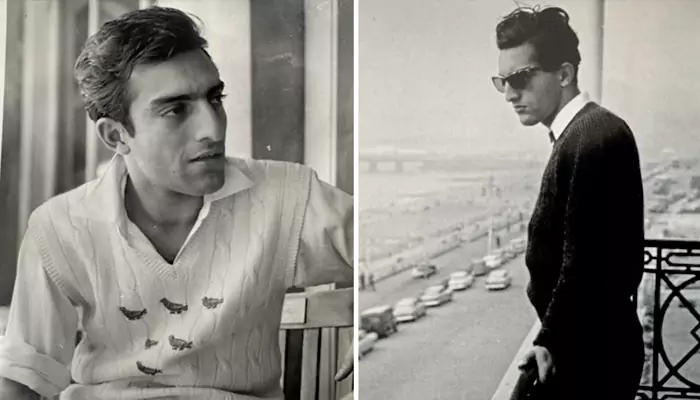
The story of India’s youngest Test captain, who led with courage.
Mansoor Ali Khan Pataudi, fondly remembered as “Tiger,” was born into privilege on January 5, 1941, in Bhopal. His father, Iftikhar Ali Khan Pataudi, had represented both England and India in Test cricket. Yet for Tiger, heritage was never enough. He had to prove himself on the field. Educated at Winchester and later at Oxford, he combined elegance with determination, and soon cricket became not just a pursuit, but his life’s calling.
The Accident That Changed Everything
At the age of twenty, his world shifted dramatically. A car accident in England left him with permanent damage to his right eye. For many, such a blow would have ended dreams of international sport. But Tiger refused to step aside. He returned with courage, learning to bat and captain with just one functional eye. His story shifted from one of loss to one of resilience.

Playing the Game Differently
Adapting to his condition was never easy. He often spoke about seeing two balls coming towards him and choosing to strike at the inner one. It required patience, skill, and immense confidence. What made him remarkable was not simply his ability to survive at the crease, but his determination to excel despite limitations. Within months of his accident, he made his Test debut, showing the world what true grit looked like.

A Young Captain with a New Vision
In 1962, at only 21 years old, Tiger Pataudi became India’s Test captain. At that time, he was the youngest ever to hold the role. Leadership came to him early, but he embraced it with maturity. He instilled discipline, unity, and belief in a side that had often struggled to see itself as a winning unit. Under him, India secured its first series win overseas, in New Zealand in 1968—a milestone that reshaped the team’s confidence.
Batting Brilliance and Memorable Innings
Though his statistics read 2,793 runs with six centuries, his contribution cannot be measured only by numbers. He played several innings of rare quality, including a fighting century against England in Chennai and a defiant 148 at Headingley. These were not just knocks of runs but statements of courage, often crafted against fierce bowling and under the shadow of his impairment.

Beyond the Boundary
Tiger’s presence extended far beyond the cricket ground. After his playing days, he was admired for his commentary, his sharp observations, and his thoughtful approach to the game. He carried himself with dignity, never allowing either his royal lineage or his cricketing fame to overshadow his humanity. His marriage to actor Sharmila Tagore and their family life provided him with a different kind of grounding, one that was removed from the noise of cricket.
A Lasting Legacy
Tiger Pataudi passed away on 22 September 2011, but his memory continues to inspire. His leadership changed Indian cricket, teaching players to dream bigger and fight harder. He proved that adversity does not define greatness—it reveals it. Even with one good eye, he saw possibilities others could not, and guided Indian cricket towards a more confident future.
Why His Story Matters
Remembering Tiger today is to remember a man who combined grace, courage, and vision. He was not just a cricketer who overcame hardship. He was a leader who gave Indian cricket belief in itself. His life remains a testament to resilience: even in the face of loss, one can continue to create, lead, and inspire.



